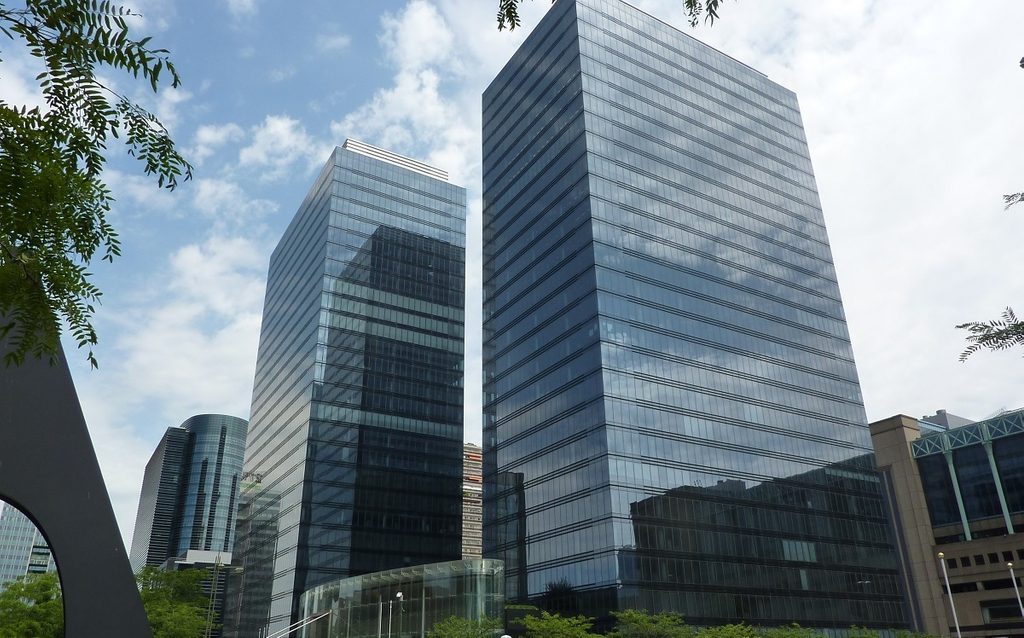Belgian growth companies only raised €300 million in the first half of 2023, marking the lowest since 2017.
As reported by l'Echo, this year's figures reflect a significant decrease compared to the same period in 2022. Belgian startups, scale-ups, and biotechs have been setting fundraising records in recent years, with 2022 commencing remarkably; nearly €300 million was secured within the first two months alone.
However, a cocktail of economic factors including rising interest rates, inflation, record-high energy costs, and global uncertainties, have seemingly now punctured this era of 'free money'.
This has led to a marked deceleration in Belgium's growth sector. The €300 million raised in the first half of 2023 is two-thirds less than the amount raised in the same period in 2022 (€864 million), making it the lowest figure since 2017 (€176 million).
Still, a single, sizeable deal could shift the narrative. In 2022, for instance, the Franco-Belgian real-time commodity data provider Kpler secured almost €200 million in April. Similarly, Qover, a fintech company based in Brussels, raised almost €30 million earlier this year, signaling potential for a rebound.
Wallonia and medtech success
The first half of the year saw an evident surge in the southern regions of Belgium. Three of the top five funding transactions were rooted in the south, including a €23 million round for cell therapy specialist Cellaïon, a €15 million backing for Univercells, a start-up supported by the Bill & Melinda Gates Foundation, and a €17 million investment in Sunrise's sleep apnea diagnostic device.
Biotech and medtech start-ups, particularly in the health sector, drew substantial investor interest, accounting for half of the top 10 funding rounds. Dualyx, a Ghent-based biotech developing autoimmune disease treatments, led the pack, securing a €40 million Series A round in mid-May despite its preclinical status.
However, as 2023 unfolded, the climate has quickly turned less favorable for venture capital.
A case in point is the biotech Aelin, which had to fold in June after failing to secure additional funds to develop its new treatments against bacterial infections and antibiotic resistance.
Belgian start-ups and scale-ups must now navigate these tougher conditions and avoid burning through their cash reserves too quickly until funding opportunities return.

